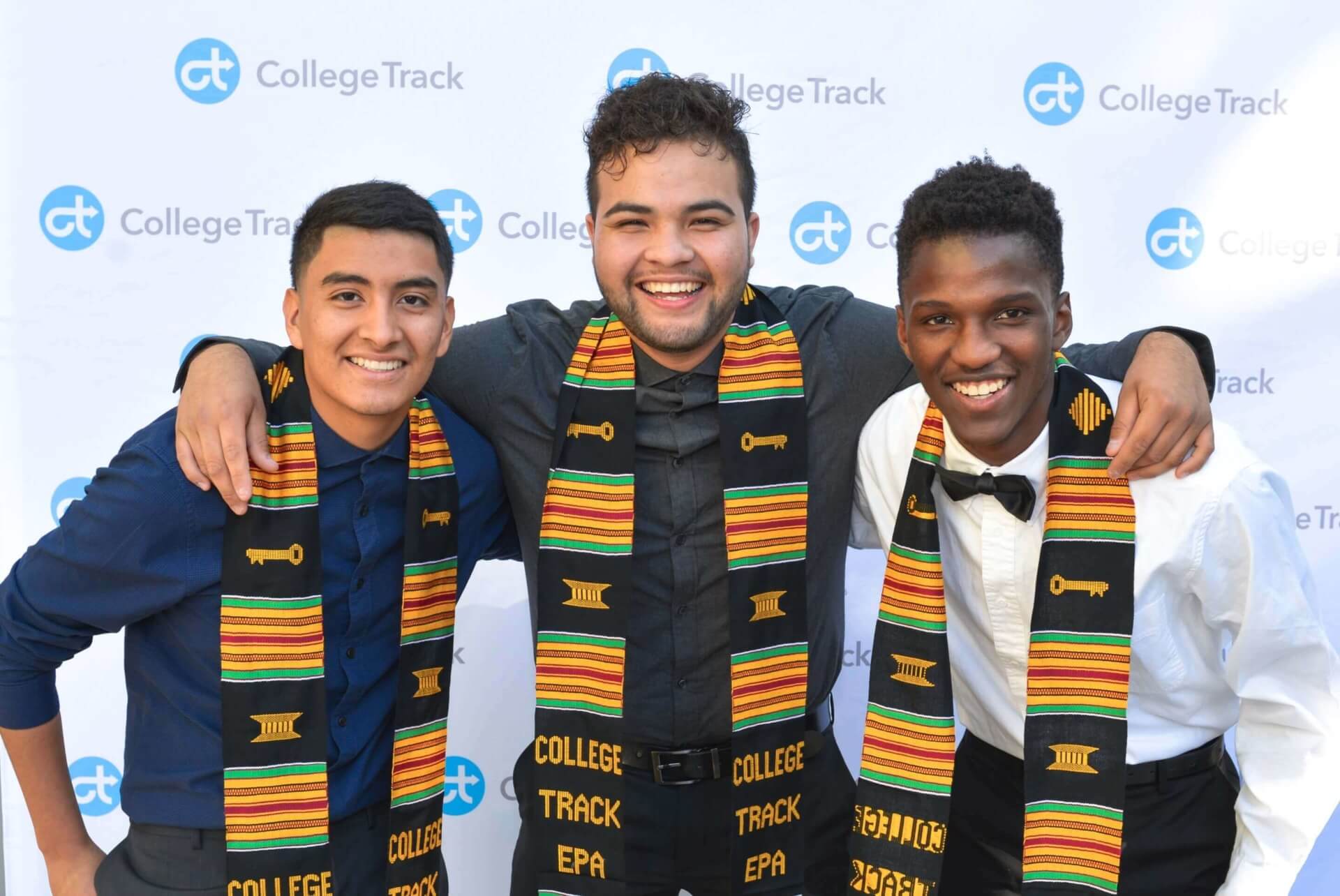JUMA: It starts with a job
JUMA: It starts with a job
Chapters:
Juma—the word for “work” in many African dialects—is a nonprofit social enterprise whose purpose is to employ young people who might otherwise have a hard time landing their first job. Juma’s motto is “It starts with a job.”
Juma Youth have dealt with personal challenges. Many of them have experienced homelessness or housing instability, or are aging out of the foster care system, or have a juvenile or criminal justice history. They tend to be low income and face barriers to education, employment, and financial security. Most Juma jobs start in a baseball stadium or convention center in cities across the US, at a concession cart or stand. In this setting, youth are able to earn a paycheck while they learn job skills and financial literacy to set them on a career pathway.
For many Juma Youth, a Juma job is their first meaningful work experience, providing a ladder of responsibility and recognition as they advance from cart-lead to stand-lead to shift-lead. As one of the country’s largest youth-run social enterprises, Juma has employed more than 9,500 youth since its founding in 1993. Collectively, Juma Youth have earned over $12.4 million in wages. The goal of Juma’s entry level employment is to open up opportunities to work toward higher-wage, career-ladder jobs. Juma, as a social enterprise, factors “life circumstances” into the employment equation and can offer flexibility, mentorship, career coaching—and stories of peer perseverance and success. Many youth go on to pursue higher education or bigger jobs, with encouragement, mentorship, and referrals from Juma.
Sweetening the deal
Angela Luc and Alvin Yu met in the Juma program. After completing the program, they both applied to San Francisco State, the first members of their respective families to attend college. They earned their degrees, got married, and then leveraged their Juma experience to fulfill their entrepreneurial dream. Their story is both sweet and inspiring—a delicious blend of coming full circle, paying it forward, and creating opportunities for other youth just like them.
In 2017, Angela and Alvin opened Steep, an ice cream and boba tea shop in San Francisco, and their business flourished. When they wanted to relocate to be near family, they offered to sell Steep to Juma, giving back to the organization that had given them so much, in a way that fit beautifully with Juma’s nimble business model.
Owning a brick-and-mortar business means that Juma can offer employees more work hours (not limited by game and concert schedules) and more responsibility—how to open and close, how to take ownership of the customer experience, and how to balance work with family, academic, and other responsibilities. For Juma Youth, working at Steep is a potential win-win-win: a chance to earn income, learn about running a small business, and connect to future opportunities and community. It is also a vehicle for Juma to do what it does so well—to test out a new model to best serve its youth. As Juma CEO Adriane Gamble Armstrong, says with a smile, “We don’t hire young people to sell boba. We sell boba so we can hire young people.”
For the youth who work there, Steep will serve as a management and leadership training lab, providing business and entrepreneurship workshops. Steep is also segueing (and staffing!) into catering for corporate events, from a 5-person meeting to a 500-person conference. Juma has already replicated Steep inside Oracle Park, San Francisco’s ballpark.
Alvin continues to consult with Juma, advising on Juma’s staffing contracts and event operations, which span 25 convention centers and professional sports and entertainment venues across the country.
Expanding the “Jumaverse”
Juma has replicated its model at several venues in the San Francisco Bay Area and in five additional cities across the US. As part of their due diligence, Juma reaches out to the local nonprofit community to gauge the needs of local youth. Recruitment partners include comprehensive high schools, continuation high schools, and community-based youth organizations. Education partners are particularly synergistic, providing a labor pool of students motivated to expand their opportunities.
Juma has recently begun deepening partnerships with community colleges, as many of them look for ways to build up support systems for students. Juma youth are often disconnected from their educational pathway and students may need to choose between work—to feed themselves, and perhaps their families, and to keep a roof over their head—and school. Helping them figure out how to balance school and work is definitely in Juma’s wheelhouse—and concession stand.




